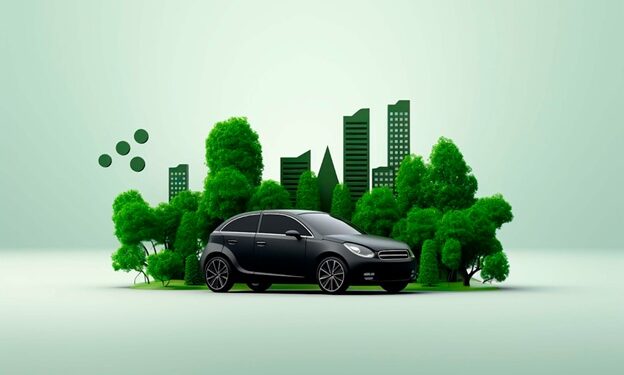Did you know a typical passenger car emits around 4.6 metric tons of carbon dioxide every year? Such figures indicate the staggering impact of transportation on the environment.
While not everyone can afford an electric car, making your car more environmentally efficient is definitely doable. Here’s what you can do:
Invest in Regular Maintenance
Regular maintenance is the first and most practical thing you can do to make your ride more environmentally friendly. Frequent visits to the auto repair shop sounds exhausting (and expensive), but it’s worth it in the long run.
A mechanic will take a closer look at the car’s oil filters, spark plug, and engine performance. Regular maintenance can improve fuel efficiency and minimize harmful emissions.
You should also replace faulty parts before they impact the overall performance of your car. Choose a reliable used car parts supplier, such as Ovoko, to get genuine parts with warranties.
Opt for Eco-friendly Tires
Much to everyone’s surprise, eco-friendly tires are a thing! They are designed to minimize environmental impact by improving fuel efficiency and reducing CO2 emissions.
Eco-friendly tires have the following features:
- They are made from environmentally safe materials, such as synthetic rubber blends and silica.
- They have low rolling resistance, which leads to fuel efficiency.
- They are more durable and last longer than regular tires.
If you’re due for a tire change, opt for the eco-friendly alternatives.
Use Reusable Air Filters
Another effective way to make your car environmentally friendly is to use reusable air filters. While they have a much higher initial cost, they eliminate the need for frequent repairs and filter changes.
Reusable air filters are made from cotton gauze or form and capture dirt and debris just like disposable ones. However, the former uses a depth loading principle, through which dirt accumulates and becomes part of the filter medium. This enhances the reusable filter’s ability to capture more pollutants.
Other benefits of using reusable air filters include:
- Reduced waste and landfill contributions
- Better resource conservation
- Reduced energy and water consumption associated with filtration
Avoid Unnecessary Idling
Parking your car in the pick-up lane at school and leaving the engine running for minutes — we’ve all done it at one point or another. Unfortunately, those seemingly harmless minutes of idling can burn a lot of fuel.
Idling vehicles also release a plethora of harmful pollutants, such as carbon dioxide, nitrogen oxides, and particulate matter. They contribute to smog and acid rain.
Turn off your engine and restart it to reduce fuel consumption and ensure environmentally friendly driving.
Use the Car Wash
Washing your car in the driveway isn’t necessarily good as previously believed. First off, the water that runs off your car is loaded with gasoline and exhaust residue, and it goes straight into storm drains. This pollutes local waterways and damages the ecosystem.
Using a car wash is an environmentally friendly option for two main reasons:
- Professional car washes are required by law to drain their water into the sewer system.
- They utilize water recycling systems, which reduces the overall water consumption.





























